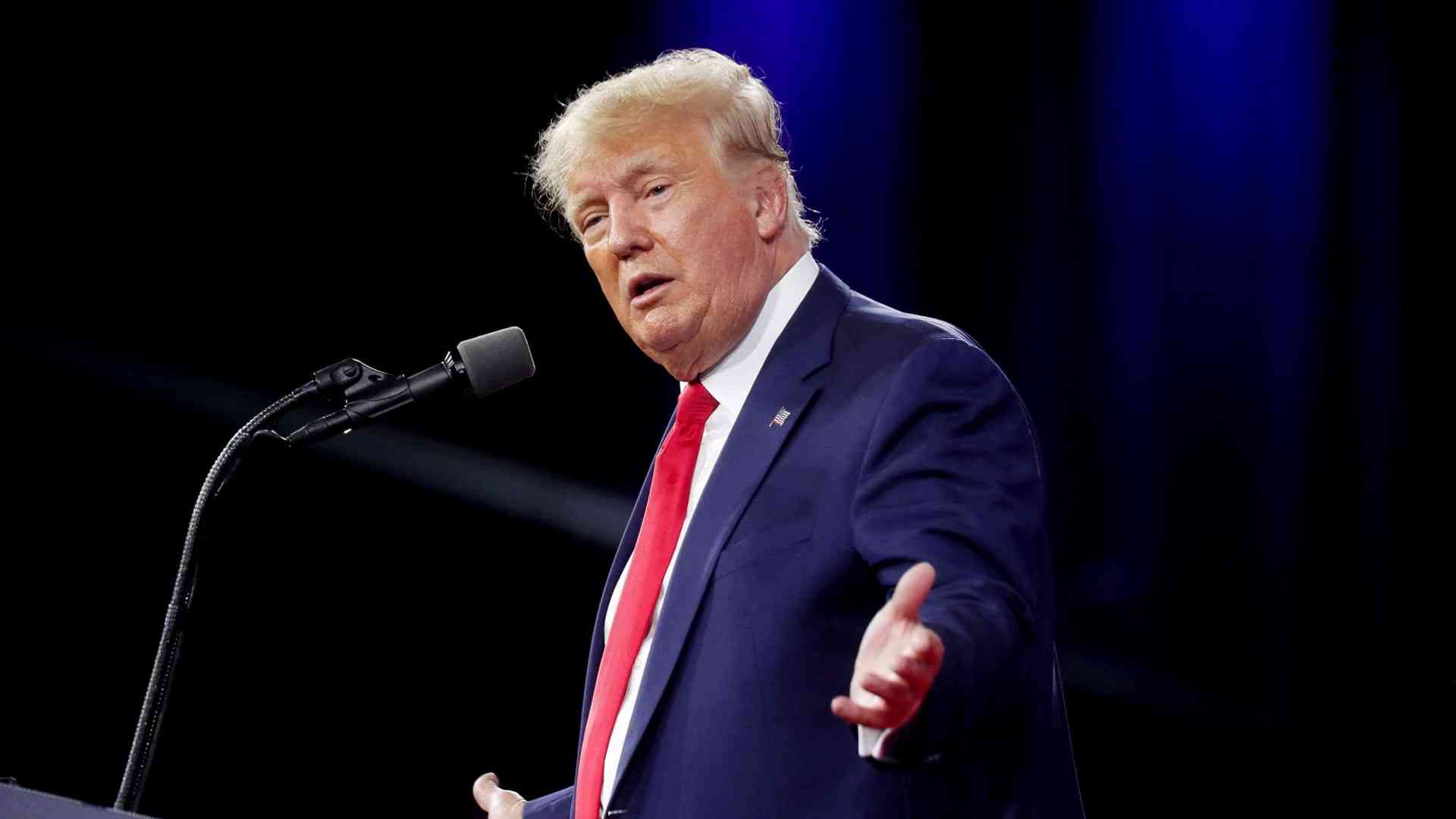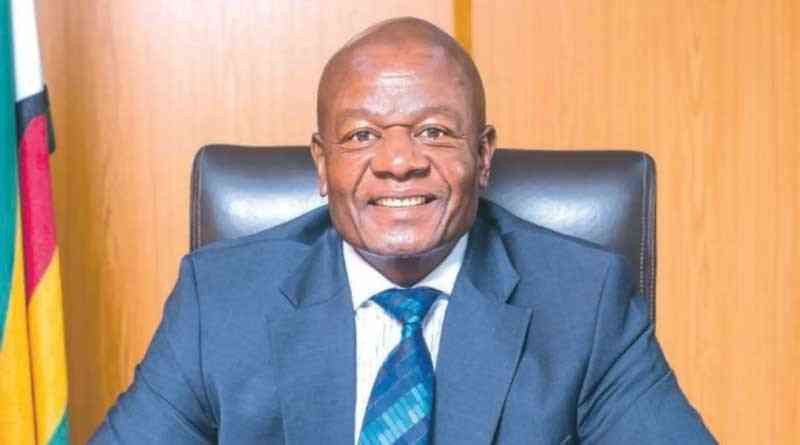
THE current global political and economic climate presents Africa with an urgent and historic opportunity.
The time has come for African nations to unite and chart a course that is driven by African interests, African solutions, and African self-reliance.
Recent global events, particularly, the rise of nationalist policies in the West has underscored the vulnerability of African economies to decisions made in Washington, Brussels or Beijing.
One need only imagine a scenario where the likes of United States President Donald Trump, known for his unpredictable and protectionist tendencies, declares that no American products or services, such as Swift (international banking transaction system), Microsoft software, Western Union remittances, HP hardware, or Ford vehicles will be available or tradable on the African continent.
The economic shockwaves would be enormous; laying bare the dangerous overdependence Africa has on foreign technologies, services and systems.
During his presidency, Trump showed a willingness to impose travel bans, increase tariffs and retreat from multilateral agreements.
His controversial travel ban, which includes Zimbabwe, that targeted several African and Muslim-majority countries, revealed a lack of regard for diplomatic norms and international engagement.
Imagine, then, if a future Trump administration or any Western leader imposed sweeping economic sanctions or trade embargoes on Africa, not necessarily due to conflict or gross human rights violations, but simply as part of a nationalist agenda.
- Open letter to President Mnangagwa
- Feature: ‘It’s worse right now than under Mugabe’: Sikhala pays the price of opposition in solitary cell
- Masvingo turns down fire tender deal
- Human-wildlife conflict drive African wild dogs to extinction
Keep Reading
The continent would be left scrambling, exposed to the whims of foreign governments who do not see Africa as an equal partner.
This hypothetical scenario, far-fetched as it may sound to some, should serve as a wake-up call. Africa’s reliance on foreign companies for everything from basic ICT infrastructure to vehicle manufacturing is staggering.
In most African governments, Microsoft products dominate ICT systems, in millions of households, Western Union or MoneyGram are the primary channels for receiving remittances from the diaspora, money that is often more vital than international aid.
American multinationals dominate sectors, such as healthcare, agriculture, mining and finance. This leaves African countries with little leverage and vast exposure to geopolitical tremors beyond their control.
So, what is the way forward?
Firstly, African nations must strengthen intra-African trade through frameworks such as the African Continental Free Trade Area.
This agreement, which aims to create a single continental market for goods and services, could unlock African potential by reducing reliance on external markets.
It is high time we focus on building regional supply chains, manufacturing industries and technology hubs that serve African populations.
Secondly, the continent must invest in its own digital infrastructure.
There is no reason why African universities cannot produce their own equivalents of Microsoft or Google, talent is not in short supply, but political will and investment are.
Countries that include Zimbabwe, Kenya, Nigeria and Rwanda have already demonstrated how tech-savvy youth can create scalable innovations.
With adequate support and regional collaboration, these home-grown solutions could replace imported digital products and services.
Thirdly, Africa must create financial systems that are not tethered to foreign control. The continued dominance of Western financial intermediaries in remittances and cross-border transactions can be challenged through the development of African-owned fintech platforms and stronger central banking cooperation.
Lastly, leadership must evolve. The vision of African unity can only be achieved if leaders prioritise long-term development over short-term political gain.
Continental cooperation must go beyond rhetoric. African leaders need to speak with one voice in global forums, formulate collective economic strategies, and support one another when under threat from external forces.
The Trump era is a good reminder that no country is immune from isolationist policies and Africa, in particular, must prepare for a world where foreign support is no longer guaranteed.
The time for dependency is over. The time for African unity and self-determination has come. If we do not shape our destiny, others will do it for us and not necessarily in our favour.
OPEN YOUR EYES AFRICA!!!
- Mutisi is the CEO of Hansole Investments (Pvt) Ltd. He is the current chairperson of Zimbabwe Information & Communication Technology, a division of Zimbabwe Institution of Engineers. — chair@zict.org.zw or 263 772 278 161.






